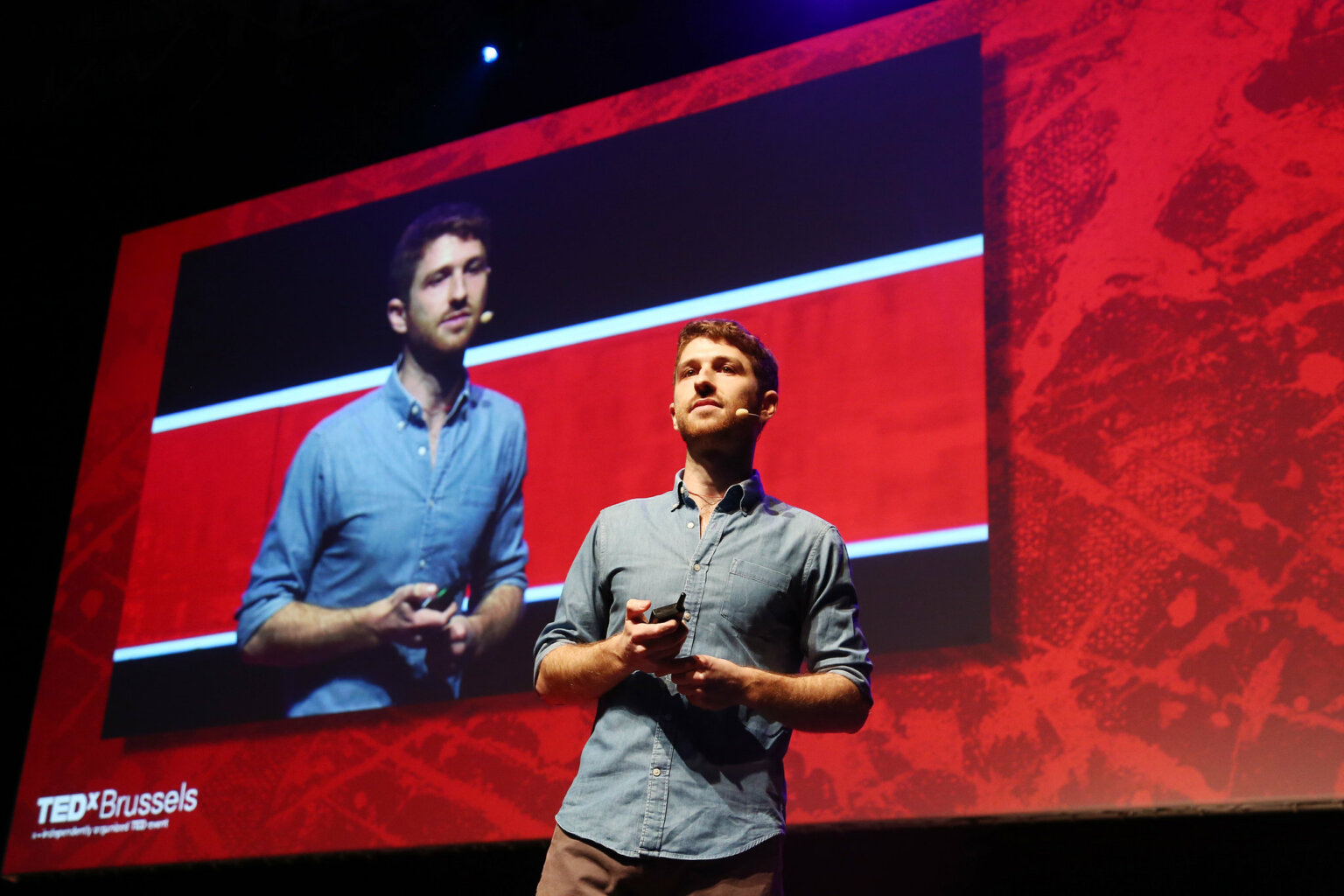- About
- Topics
- Story
- In-Depth
- Picks
- Opinion
- News
- Donate
- Signup for our newsletterOur Editors' Best Picks.Send
Read, Debate: Engage.
| February 12, 2022 | |
|---|---|
| topic: | Freedom of Expression |
| tags: | #China, #Xi Jinping, #censorship, #COVID-19, #Internet freedom |
| located: | China |
| by: | Sasha Kong |
China’s crackdown on what Beijing considers “immoral” celebrities has been growing in number and scale.
In late August last year, China handed a list of artists to platforms and ordered the latter to ban the publishing of their appearances. This list includes popular actor Zheng Shuang, who was involved in a surrogacy controversy, singer Kris Wu who was accused of sexually assaulting dozens of underaged girls, among others.
Beijing’s new internet 'cleansing' campaign from late January to late February for the Lunar New Year crushed any hopes of any celebrities whose reputation was ruined, as their internet presence was wiped off to turn a new leaf.
China’s cybersecurity authorities stated in an official statement that they aim to regulate the "chaotic celebrity culture," including "preventing immoral celebrities’ comebacks in parties and live-streaming during the Chinese New Year."
Celebrity culture is only one of the targets of China’s one-month campaign. Officials added that they will regulate covid-related rumors, cyberbullying, misleading information, as well as "the culture of gold-digging", "selling sorrows", "ludicrous performances" and online fortune telling, among others.
It was widely seen as the nation’s yet another internet clampdown during the Winter Olympics for image restructuring, and a way for China to deepen its control over civil society before President Xi Jinping is set to start his third term in autumn this year, according to Dr Rogier Creemers, assistant professor of modern Chinese studies at Leiden University.
"The Chinese government seeks to ensure the society remains controllable [...] This sort of content campaign has been recurring in the country, and even before the internet was commonplace," Dr Creemers told FairPlanet.
"The Chinese Communist Party is a paternalistic organisation that sees its core task as to educate and ‘reengineer human souls.’ Leaders think that content [on the internet] should be morally right and guide people towards leading a better life."
What Beijing considers morally right and how it defines masculinity could be controversial and go against its self-proclaimed defense of human rights.
Although freedom of speech protection is stated in China’s constitution, dozens of topics are prohibited on the internet. Amidst its debates on improving women’s rights, the country barred what it considers as "effeminate men" from performing on stage and online.
The Chinese government is also expanding its censorship to new forms of media, Dr Creemers added.
"The problem [for the party] isn’t about millions of people posting banned content on social media now, but about commercial content with a new form of expression. Novel forms of content that are generated through Douyin and other short video clips emerged on new platforms."
"Leaders think that content [on the internet] should be morally right and guide people towards leading a better life."
The digital tech policy expert said the nation’s internet crackdown has been successful in maintaining the stability the ruling party desperately wants.
"It’s pretty much where it wants to be. It has created institutions, rules and expectations that allow officials to adopt agile reflexes to internet sensations," he said. "They don’t want to allow public opinion to have too much of an impact. Even if they [celebrities] are in favour of the party now, [the party thinks] their mind could change very quickly."
During the first wave of the pandemic in China in early 2020, Beijing’s worst internet-nightmare exploded: Dr Li Wenliang, hailing from COVID's original epicenter - Wuhan, warned of the new virus on social media amid China’s efforts to cover it up, but was condemned by the authorities for spreading malicious rumors online.
When Dr Li died shortly after the party failed to contain the information and admitted the outbreak, internet users dubbed Li a national hero and a whistleblower. Fear, grief and fury galvanised internet users to demand freedom of speech online, and even requested Xi’s resignation - acts that have been vehemently barred in China for decades.
The discussions of Li’s death online were immediately censored, but this time, the crackdown could had failed to people’s anger. This prompted the government to send an investigative team to probe Li’s death. But even then, officials refused to allow any potential voices against the system.
"Those hostile forces with motives, who tried to stir up trouble, delude people and instigate public emotions, are doomed to fail," China’s mouthpiece Xinhua quoted officials.
Yet, after a short-lived recovery from the aftermath of Li’s death, internet censorship in China resumed to pre-covid times, if not more severe. More mobile apps have been blocked, virtual private networks have been cracked down and calls for any investigation into the origin of covid have been censored from June 2020 to May last year, according to Freedom House’s report.
In October 202o, China’s largest cybersecurity firm, Qihoo 360, released an Android app in China that could allow access to banned sites including Google, Twitter, Facebook and YouTube.
It instantly created a hype among internet users, who viewed the launch as a step toward a more relaxed flow of information. Within a day of its debut, close to five million people reportedly downloaded the app, but the new product vanished from app stores right after.
While users are evidently excited about the prospect of a freer internet, whether or not this desire would generate more opposition to Beijing remains to be seen.
"When Chinese people jump across the ‘Great Fire Wall’, they check technical information or watch porn, despite the widespread expectation that they would want to overthrow the government if they have access to free information in the west," Dr Creemers explained.
Image by Markus Spiske
By copying the embed code below, you agree to adhere to our republishing guidelines.
